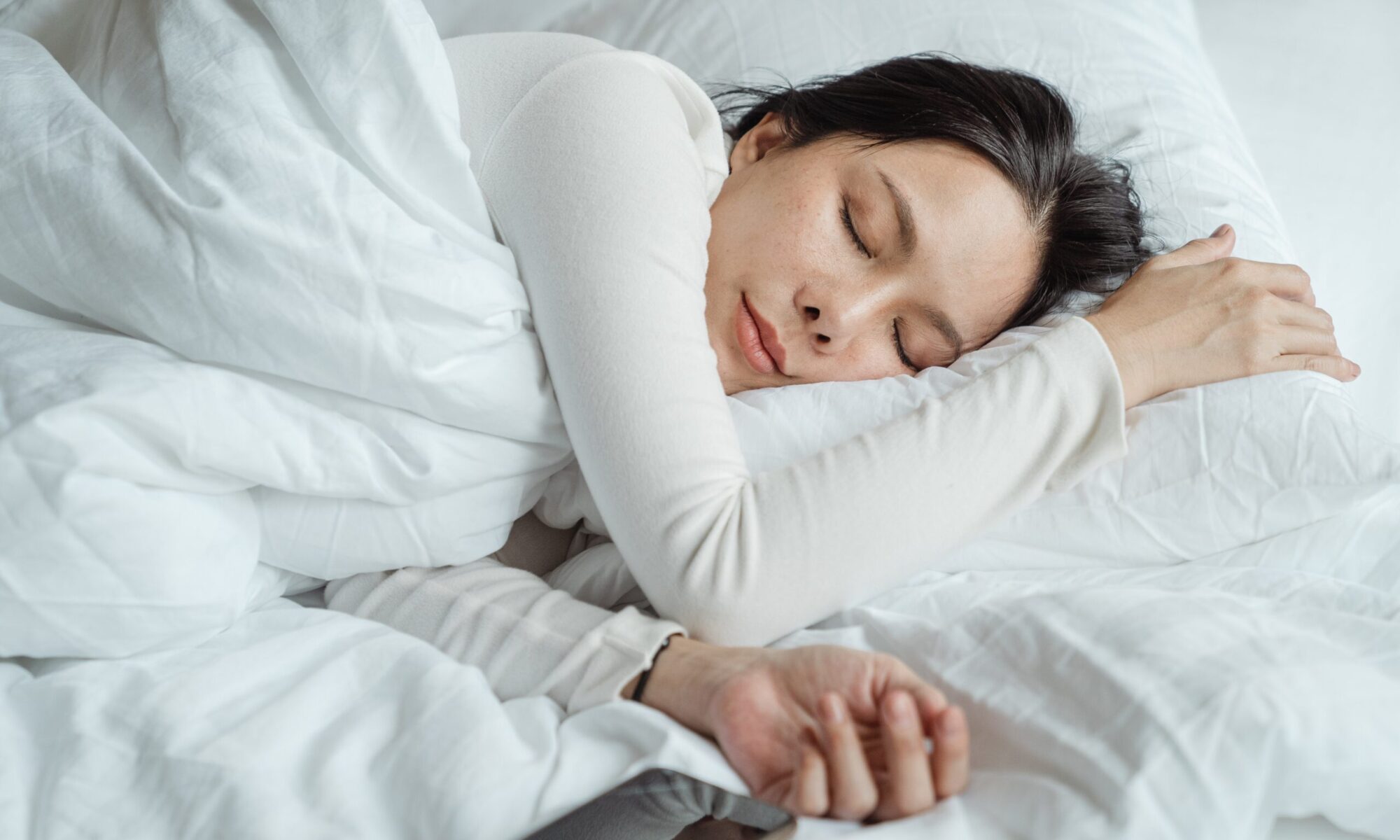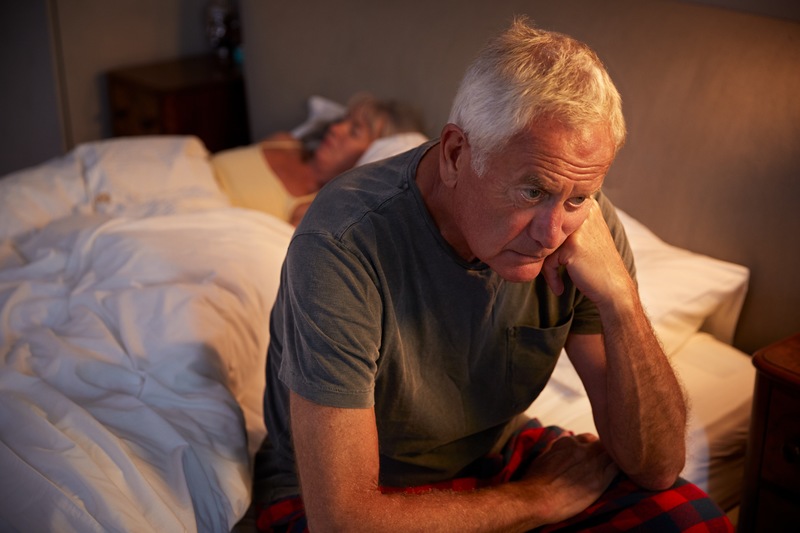Inadequate retirement funds – a cause of anxiety and sleep disturbance?
After a month’s holidays’ travel in the UK a few years back, we discovered what we’d long suspected was true, was!
First that the workforce is remaining “at work” longer and secondly that the numbers “returning to work” after retirement, are increasing. It is certainly true that socially, it’s nice to get out and have interaction with other ‘humans’, but I think we all suspect there is a financial incentive there too. So why is this happening?
A shock to the system?
Living in a society in which we’ve come to expect support from “cradle to grave” it may come as a surprise that this “across the board” expectation is one no longer tenable.
As mentioned earlier, the cost of maintaining financial support (by way of pensions) and healthcare (by way of a health service) are unrealistic now given those used yesterday versus those used in times past.
Many people can’t afford to retire
The Guardian (UK) newspaper has quoted the number of people aged over 70 who are still working as having more than doubled in the last decade to nearly half a million.
The number of those aged over 70 who are in full- or part-time employment has been steadily rising annually in the UK for the past decade. According to new Office for National Statistics data, and reaching a peak of nearly a quarter of a million in the UK in the first quarter of this year alone – an increase of 135% since 2009.
Nearly one in 12 of those in their 70s are still working, a significant increase from the one in 22 working 10 years ago. Although the numbers may be different, from speaking with people in Canada, the US and Australia, I get the impression that a similar trend is forming.
I saw the beginning of the changes several decades ago as governmental incentives, when governments and business began to offer schemes where they would either match pension premiums between the sectors.
Canadian retirement incentives
In Canada for instance, another approach tried, was to make retirement savings, tax deductible having the added benefit to the Government of incentivizing full income disclosure to the government, since the level of tax free savings allowed was proportionate to the annual income claimed and therefore submitted for taxation.
Even such initiative at tax collection has its limitations, the major fact being, expectation. Whether we like to admit it or not, living in a society in which we’ve come to expect support from “cradle to grave” we do, and possibly rightly, expect some return on the taxes we’ve paid all our lives.
Can you make ends meet?
Failure to make “ends meet” or the realisation that retirement funds will not cover the potential length of post work life can be anxiety provoking. Even with a pension, such financial strain can affect the individual’s sleep due to the resultant worry.
Most anxiety disorders are moderately associated with reduced sleep quality. Individuals with anxiety disorders and poor sleep experience significantly worse mental health-related quality of life and increased disability relative to those with anxiety disorders alone.
Independent Age’s, head of policy, Catherine Seymour has indicated that the rise in people working beyond 65 coincides with increases in pensioner poverty.
“One in every six people – nearly two million – of pension age are now living in poverty and every day, another 226 people join that number,” she said.
“Many people who are now working in their late sixties and seventies are doing so out of necessity to pay the rent, heat their homes and afford their weekly shop,” she added. “Everyone who wants to, should be able to retire from paid work at state pension age, and these figures suggest many people cannot afford that right. “Regardless of your belief in the state’s responsibility over the individual, there is clear reason for concern for the future.”
So what can we do about retirement, anxiety and sleep?
The high prevalence and comorbidity of anxiety and sleep problems, especially insomnia, suggest an important underlying relationship between these disorders. Following this knowledge, modalities for management may be considered.
So costs go up and pensions come down, what’s next? Well, unfortunately there is another twist in the tale that we mustn’t forget.
As a population, we’re living longer, yet our “accepted” retirement age remains the same, or have done until recently. I believe the retirement age has changed in the UK and others. This just compounds the issues facing those retired.
Options for improving sleep for those with retirement caused anxiety.
CBT-I
Cognitive behavioral therapy for insomnia (CBT-I) is a structured program that helps identify and replace thoughts and behaviours that cause or worsen sleep problems with actions that become habits promoting sound sleep.
Unlike sleeping pills, CBT-I helps overcome the underlying causes of sleep problems.
While Insomnia and anxiety commonly co-occur, the mechanisms underlying this relationship remain unclear. A 2009 scientific paper described the impact of an Internet-based intervention for insomnia on anxiety, and explores the influence of two cognitive-behavioural constructs – dysfunctional beliefs about sleep and sleep-threat monitoring.
Other options to relieve financial stress
Well most of us can do some income producing activity. We can return to work but perhaps on a part time basis. Age remains an issue though no matter what some say, as while those 65 plus have invaluable assets these may be old world qualities, some of which have been pushed aside. (Did those of you in the UK ever try to get through to Google or BT Telecom?)
The new world is a different animal entirely. There is crossover but it sits on an altered terrain, the topography of service, product, and distribution, etc., is changed forever.
The digital world is upon us and if we are going to re-enter the work force to supplement or even profit in order to live the lifestyle we originally foresaw all those years ago, we need to review the topography of this new work area.
I dare say there are jobs out there that require no retraining but I suspect they will become “thinner on the ground” as time progresses. Re-training can be costly to the employer who believes that the older employee will provide less length of service or dynamism during tenure than the younger employee.
Ageism is alive and well, thank you.
This ageism is not a theoretical hurdle; it’s as real as a brick wall. So, assuming you can’t get a highly paid part-time job in an area that requires the skill set that was successful a few decades ago, where do you go from here?
Looking further into the future
Everyone experiences some times in their lives when they have difficulty falling asleep or staying asleep. While most of the time the inability to obtain sufficient sleep is temporary, some people experience long stretches of sleeplessness which can affect every aspect of daily life.
Just as losing your job can result in anxiety and sleep disturbances, retirement and the knowledge that what you have won’t be enough can be even worse.
Insomnia can also of course be caused by medical or psychiatric conditions too, certain substances, unhealthy sleep habits, or certain biological factors, according to the National Sleep Foundation, it is a prevalent problem among those older due to changes in sleep patterns that occur as ageing occurs.

Recognizing the signs of insomnia for those 65 plus.
Recognizing the signs of insomnia in yourself can be difficult because our sleep patterns change as we age. Prior to making a diagnosis of insomnia, your medical and sleep history should be reviewed carefully, and may include a physical exam.
If an underlying sleep disorder is believed to be causing the problem, a sleep study known as a polysomnogram may be warranted. Insomnia may be diagnosed if one has trouble falling asleep, wakes several times during the night, is sleep deprived due to less time being spent in a deep sleep, experiences confusion between day and night or awakens very early (after only a few hours of sleep) and can’t get back to sleep.
Identifying the underlying problems of insomnia.
The determination of the cause of insomnia is important, only then can a tailored custom treatment plan to reduce symptoms be made. Asking direct questions, such as “are you under a lot of stress?” – “are you struggling with anxiety or are you depressed?”, are important. Also noting any medications that could affect sleep?
Encouraging better sleep at night
Better choices toward sleep health are to be encouraged. Even small changes such as turning off the television and/or computer one hour prior to sleep can encourage falling asleep better.
It is also important to create a comfortable, cool, and dark bedroom environment that encourages restful sleep. A sleep mask and earplugs may help and later articles will review other “sleep hygiene” measures.
Re-evaluate diet and exercise
As we age, it is common to deviate from proper nutrition and exercise. However, a sleep-promoting diet and daily exercise can help encourage a more restful sleep and fewer waking periods during the night.
To improve sleep, limit caffeine such as tea, soda, coffee, and chocolate. A light snack, eaten before bedtime can satisfy hunger. Minimising liquid intake before bed is also a good idea to avoid having to use the bathroom at night.
Insomnia can also be lessened by regular exercise, but not just before bed. ‘Wind-down time’ is important.
Reducing mental stress and anxiety
While insomnia is known to generate stress and anxiety, it can also be a contributing factor. When this is related to financial worries, it can be difficult to shrug off – after all, financial insecurity can be enormously stressful, despite the fact that worrying about it is probably counter-productive.
Good stress – bad stress
Stress is certainly part of everyday life these days. Stress can be good stress or bad, Eustress or distress. Stress is normal – it’s life. The body’s response is the important factor, that’s strain. Chronic strain is bad.
Discouraging excessive daytime napping
Frequent napping for extended periods of time during the day can cause sleep problems at night. While many of us have heard of power naps and also diurnal sleep, going to bed earlier in the evening may be the better option.
However one short (30 minute) nap in the early afternoon may provide a healthy break.
Stress, depression, and anxiety can all contribute to daytime napping in some. These days especially, can be stressful. We need to seek solutions to this weight on our shoulders. Clearly some things are simply no=t in our power to control.
Be aware that insomnia may be caused by other things and conditions, so don’t ignore other possibilities.
Insomnia is the most common sleep complaint reported. Sleep disorders have also been associated with increased mortality, cognitive impairment, and dementia. While it is not always possible to prevent insomnia, you can help manage your condition better.
A combination of proper diet, exercise, and help from an outside source regarding anxiety management can improve general health and state-of-mind. In some cases, short-term physician prescribed medications may be needed to treat insomnia if other solutions are not successful.
I believe that one of the most important steps is psychologically accepting the situation but deciding to act positively, therefore reducing anxiety.
Good sleep is crucial to good health and longevity.
Dr. Stephen Bray 2020

